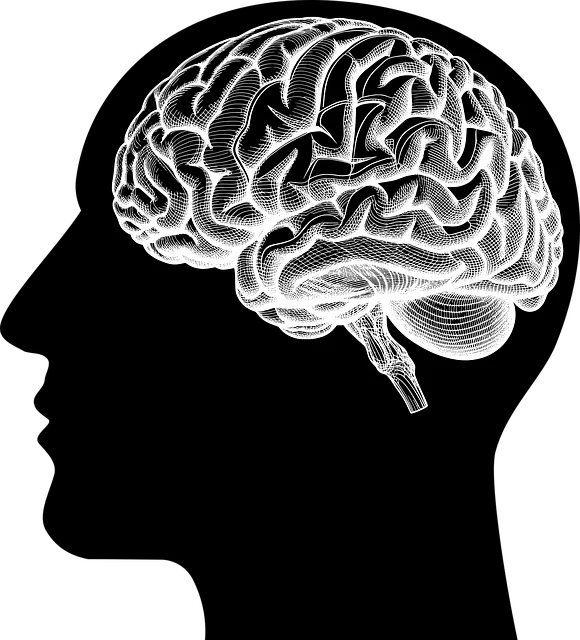The Kaiser Permanente Mental Health Access Center in Colorado Springs focuses on cultural competency to improve patient care. By recognizing and valuing cultural differences, they conduct tailored risk assessments, reduce stigma for minorities, and ensure respectful treatment. Their inclusive approach improves health outcomes and access to services, as shown through innovative programs addressing diverse patient needs and promoting mental health professionals' well-being.
“Healthcare provider cultural competency training is an evolving necessity, especially within diverse communities. This article delves into the critical aspect of cultural competency in healthcare, with a specific focus on mental health services and accessible care models. We explore best practices highlighted by Kaiser Permanente’s approach at its Mental Health Access Center in Colorado Springs. By understanding cultural nuances, healthcare providers can significantly improve patient outcomes and foster inclusive environments.”
- Understanding Cultural Competency in Healthcare
- Mental Health Services: A Focus on Accessibility
- Kaiser Permanente Colorado Springs: Best Practices
Understanding Cultural Competency in Healthcare

Cultural competency in healthcare is a critical aspect of providing quality patient care, especially in diverse communities like Colorado Springs. It involves recognizing and appreciating the cultural differences between patients and healthcare providers to deliver more personalized and effective services. At the Kaiser Permanente Mental Health Access Center, understanding these nuances is essential, as mental health professionals interact with individuals from various ethnic, racial, and social backgrounds, each bringing unique perspectives and experiences.
By fostering cultural competency, mental health professionals can conduct thorough risk assessments (Risk Assessment for Mental Health Professionals) to better understand patients’ backgrounds and potential barriers to care. This includes addressing the pervasive issue of mental illness stigma reduction efforts, which often impact minority groups. Promoting positive thinking and inclusive practices within healthcare settings ensures that every patient receives respectful, culturally sensitive care, ultimately improving health outcomes and access to services like those offered at the Kaiser Permanente center in Colorado Springs.
Mental Health Services: A Focus on Accessibility

Mental health services play a crucial role in healthcare provider training, especially when focusing on cultural competency. In areas like Colorado Springs, where Kaiser Permanente has established a dedicated Mental Health Access Center, addressing mental illness stigma reduction efforts is vital. This center serves as a hub for promoting accessible and culturally sensitive psychiatric care. By integrating initiatives such as mindfulness meditation and self-care practices into their training programs, healthcare providers can better serve diverse communities grappling with mental health challenges.
These comprehensive programs aim to equip professionals with the skills needed to navigate complex cultural landscapes, ensuring every patient receives compassionate, effective treatment. Through ongoing education and exposure to various therapeutic approaches, healthcare providers can foster inclusive environments that encourage individuals to seek help without fear of judgment or discrimination.
Kaiser Permanente Colorado Springs: Best Practices

Kaiser Permanente’s Mental Health Access Center in Colorado Springs stands as a model for cultural competency training within healthcare. Their comprehensive approach integrates best practices that address diverse patient populations, emphasizing the importance of understanding cultural nuances and barriers to care. Through innovative programs, they’ve enhanced communication strategies, making mental health services more accessible and tailored to individual needs.
The center prioritizes risk assessment for mental health professionals, equipping staff with tools to identify potential risks within their practice settings. Additionally, they actively promote burnout prevention strategies for healthcare providers, recognizing the impact of stress on patient care. By fostering a supportive environment and implementing evidence-based practices, Kaiser Permanente Colorado Springs ensures that cultural competency remains at the forefront of delivering exceptional mental health care.
Cultural competency training is an essential aspect of modern healthcare, especially when addressing the diverse needs of communities. As highlighted by best practices from Kaiser Permanente Mental Health Access Center in Colorado Springs, integrating cultural awareness into healthcare delivery improves patient outcomes and enhances services like those offered at mental health centers. By learning from organizations like Kaiser Permanente, healthcare providers can navigate complex cultural landscapes more effectively, ensuring accessibility and quality care for all, particularly in diverse communities.






